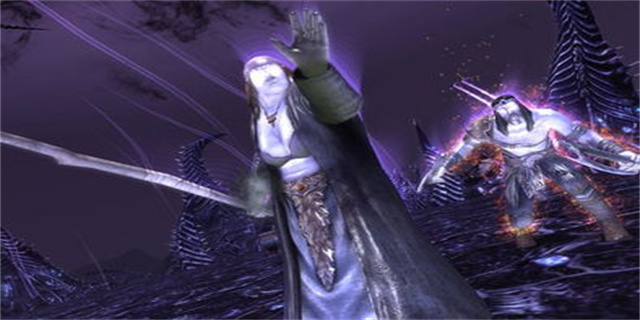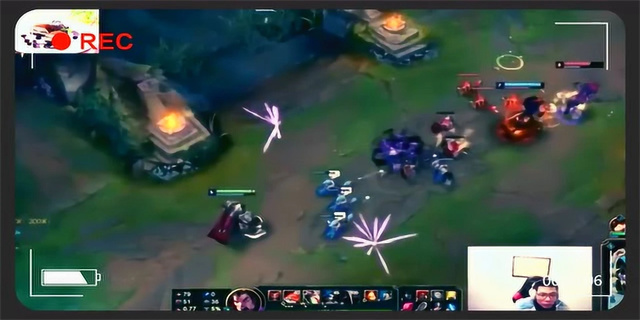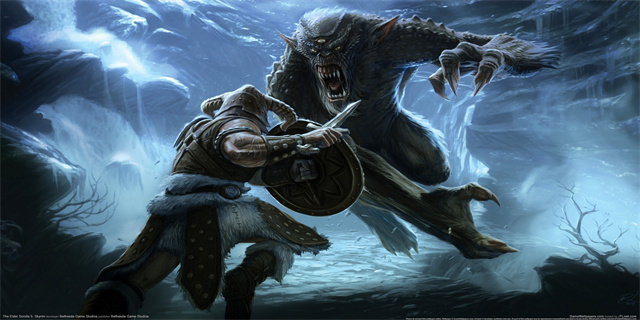Reverse Voice: Unlocking the Mysteries of Backward Speech
Introduction
Reverse voice, also known as backward speech or backmasking, refers to the technique of reversing audio recordings to create a speech or musical composition that can be played in reverse. This peculiar phenomenon has fascinated and intrigued people for decades, sparking debates, conspiracy theories, and even claims of hidden subliminal messages in popular songs. In this article, we will explore the concept of reverse voice, its history, its use in popular culture, and the various theories and controversies surrounding it.
The History of Reverse Voice
The origins of reverse voice can be traced back to the late 1960s, when advancements in recording technology allowed musicians and audio engineers to experiment with sound manipulation. The Beatles are often credited with popularizing this technique in their 1966 album \"Revolver,\" where they included a hidden message in the song \"Rain\" when played in reverse. Since then, reverse voice has been used by countless artists and bands as a creative tool to add depth, mystery, and hidden meanings to their music.
Popular Culture and Reverse Voice
Reverse voice gained mainstream attention and sparked controversy in the 1980s when various Christian groups claimed that popular songs contained hidden Satanic messages. One notable example is the song \"Stairway to Heaven\" by Led Zeppelin, which was accused of containing Satanic lyrics that could only be heard when the song was played backward. While these claims were largely dismissed as unfounded, they led to widespread public interest in backward speech and its potential influence on the subconscious mind.Reverse voice has also been used in popular culture as a storytelling technique. In movies and TV shows, reversed audio is often employed to create a sense of eeriness, otherworldliness, or to reveal hidden information. One famous example is the TV series Twin Peaks, where reversed audio played a significant role in the mystery and surreal atmosphere of the show. Additionally, reverse voice has been explored in literature, with authors using it as a narrative device to convey hidden messages or to provide alternative perspectives on a story.

Theories and Controversies
The use of reverse voice has sparked various theories and controversies. Some believe that backward speech contains hidden messages that can only be deciphered by the subconscious mind, while others consider it simply a creative technique with no inherent meaning. One popular theory suggests that the brain can subconsciously perceive reverse speech and that it can influence a person's thoughts and behavior. However, there is limited scientific evidence to support these claims, and many experts argue that any perceived messages in reverse voice are mere coincidences or the result of auditory pareidolia - the tendency of the brain to find patterns in random information.The controversy surrounding reverse voice has also led to legal battles. In the 1980s, the rock band Judas Priest faced a lawsuit alleging that their music contained subliminal messages that contributed to the suicide attempts of two young fans. The case was ultimately dismissed, with the judge stating that any alleged subliminal content was not intended to cause harm. Nevertheless, these legal battles highlight the powerful impact that reverse voice can have on public perception and the ethical questions it raises concerning the responsibility of artists and media creators.



























